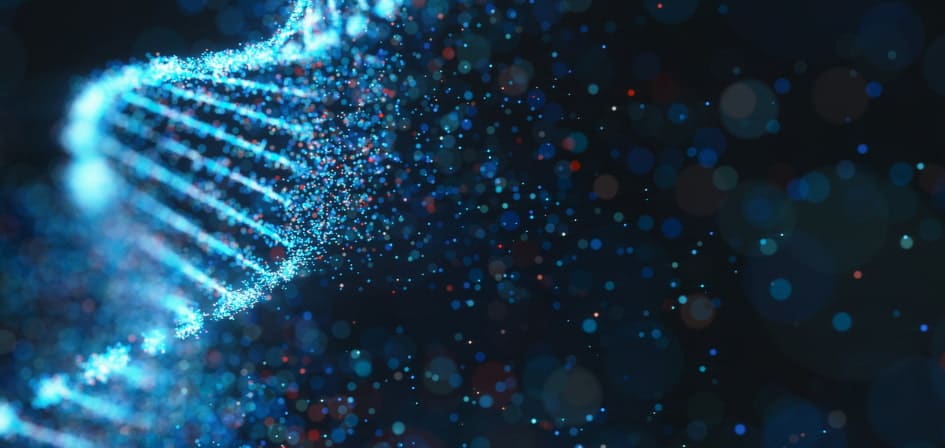Is There a Genetic Link to Addiction?
Our Centres
Rehab In Northern England

Google Reviews
4
Rehab in Scotland

Google Reviews
5
Rehab in Greater London

Google Reviews
4.5
Rehab in the Midlands

Google Reviews
4

